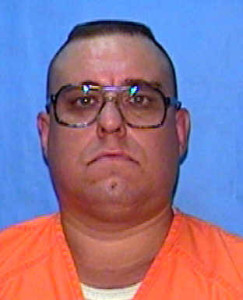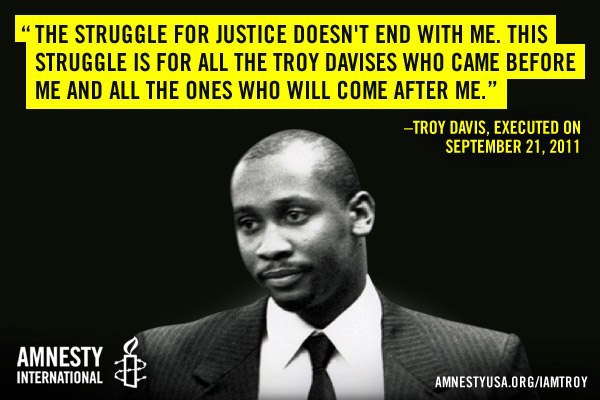
Frank Walls
As the state legislature of Florida debated the Timely Justice Act – a law designed to speed of executions in the Sunshine State – bill sponsor Matt Gaetz pointed to the case of Frank Walls, quipping that:
If the Timely Justice Act becomes law, Mr. Walls is going to have to start thinking about what his last meal is going to be.
The Timely Justice Act has become law, and Frank Walls, who was sentenced to death for the murder of Ann Peterson (and life for the murder of Edward Alger) is under consideration for clemency. If clemency is denied, then he indeed will be eligible for an execution date.
Frank Walls was convicted of heinous crimes. But, State Representative Gaetz’s disturbing enthusiasm for his execution notwithstanding, Frank Walls should be granted clemency. He is a remorseful prisoner with brain disorders that have left him functioning at the level of a 12-year-old.







